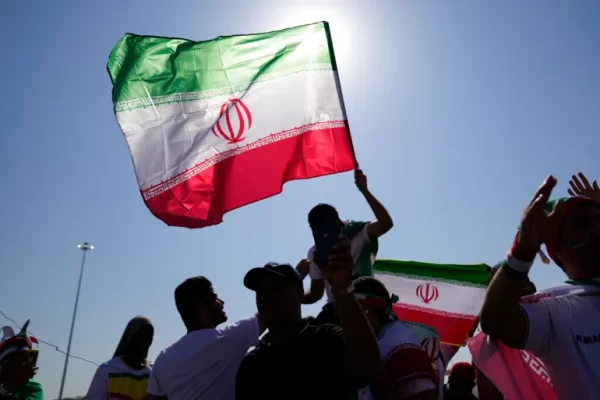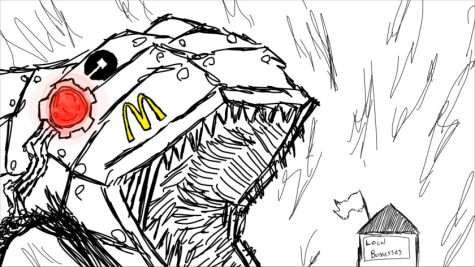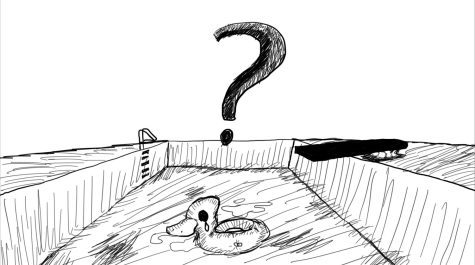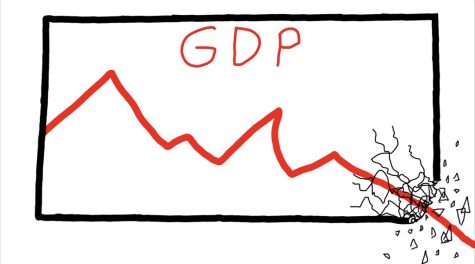The Problem with Racial Profiling
May 29, 2018
Racial profiling is defined by the National Institute of Justice as “a practice that targets people for suspicion of crime based on their race, ethnicity, religion or national origin.” Although using racial profiling is illegal and unconstitutional, it is used every day across the country by law enforcement officers. Supporters say that racial profiling does not violate civil rights, and also claim that it is necessary to conduct a proper investigation. However, in addition to violating civil rights clearly stated in the constitution, racial profiling dramatically divides communities from law enforcement, hindering growth of strong relationships between people and police.
Although advocates believe it’s necessary to create safe communities, racial profiling violates the rights of the people and erodes trust between communities and the police. For example, when the highly controversial stop-frisk policy was adopted in NYC, it was extremely racially biased. According to an analysis by the New York Civil Liberties Union (NYCLU), 85% of the time police stopped African Americans and Latinos, in roughly 9 of 10 searches conducted the police found no contraband. These prejudiced practices create public humiliation for minorities, as well as lead officers to make generalizations that affect their judgement.
Despite the end of highly controversial law enforcement techniques, racial profiling is still used daily by law enforcement, most commonly at traffic stops. Evidence from data collected on a number of individuals stopped by police on the road prove the prominence of this unfairness. One study, conducted by researchers from Stanford Computational Journalism Lab and School of Engineering, found, “when pulled over for speeding, black drivers are 20% more likely than whites, and Latino drivers 30% more likely than whites, to be ticketed.” The fact that minorities are ticketed more often than Caucasians, even though they broke the same laws, is strong evidence of the partisanship that comes with unfairly judging an individual’s race.
Like most unfair practices, racial profiling has dangerous long term effects: it creates distrust and fear between communities and law enforcement. According to a Harvard study of the Los Angeles Police Department, “Minority communities that had been unfairly targeted in the past continue to experience greater mistrust and fear of police officers.” The police department’s job is to provide comfort and peace to the community, but practices such as racial profiling increase conflicts between police and minorities, therefore making it harder for law enforcement to do their job.
In the past decade, racial profiling has been a hot topic of debate between minority communities and the criminal justice department. To solve this problem, police should be re-educated and trained to prevent racially based instincts. In addition, communities should share their voice, in an appropriate manner, to get lawmakers to create legislation to help the police, community and the country. Ending racial profiling will help bring communities and their police departments together in times of such division.






